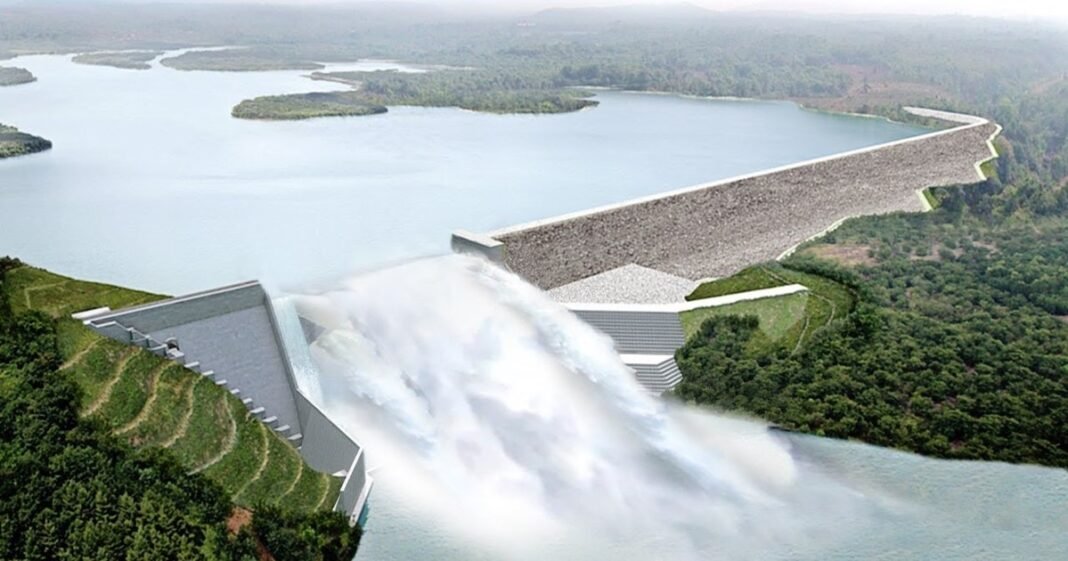The Kurdistan Regional Government (KRG) continues to make strong progress in modernising the Kurdistan Region’s water infrastructure. Officials announced that several large-scale projects now improve water management, boost agriculture, and strengthen long-term sustainability in northern Iraq. This development marks an important step toward ensuring water security for communities across the region.
The KRG recently completed nine major dams, which together hold around 253 million cubic metres of water. These projects cost approximately IQD 266 billion, or about $203 million. Each dam supports multiple goals, including irrigation, flood control, and groundwater recharge. Moreover, they help reduce dependence on external water sources by improving local storage capacity.
In addition, the Kurdistan Region’s water infrastructure now includes 23 completed ponds that store rainwater and supply nearby villages. Construction crews are also working on 58 new ponds across several provinces. These ponds play a crucial role in supporting farmers, particularly during dry seasons. By expanding water storage, the government aims to stabilise agricultural production and protect rural livelihoods.
Officials from the Ministry of Agriculture and Water Resources emphasise that these projects create jobs and encourage private investment. The ministry coordinates with local contractors and engineers to ensure efficient project delivery. Furthermore, it promotes environmentally sustainable construction techniques to protect natural ecosystems.
The Kurdistan Region’s water infrastructure improvements also align with broader goals for economic diversification. The government links water management to food security, renewable energy, and rural development. As a result, the KRG expects stronger resilience against climate challenges, including droughts and reduced river flows.
Regional experts note that these projects demonstrate the importance of long-term planning. Iraq faces recurring water shortages due to upstream dam construction and changing rainfall patterns. Therefore, local initiatives like these dams and ponds help the Kurdistan Region adapt to environmental pressures while maintaining growth.
In the future, the KRG plans to expand monitoring systems, integrate digital mapping tools, and increase cooperation with international partners. These efforts will enhance efficiency and transparency in the water sector.
Through consistent investment and innovation, the Kurdistan government seeks to secure a sustainable water future. Its ongoing commitment to infrastructure modernisation strengthens both communities and the wider economy.


